9 Airlines Most Likely to Cancel Your Flight (And How to Avoid Them)
Navigating the skies has become an integral part of modern life, with millions of passengers relying on airlines for both business and leisure travel. However, flight cancellations can turn a seamless journey into a travel nightmare. As the aviation industry continues to grow, so do the complexities that lead to flight disruptions. This article delves into the top 11 airlines most prone to cancellations, offering insights into the reasons behind these disruptions. Furthermore, we will explore strategies that travelers can employ to minimize the impact of these cancellations, ensuring their journeys remain as smooth as possible.
1. American Airlines – Weather and Workforce Woes
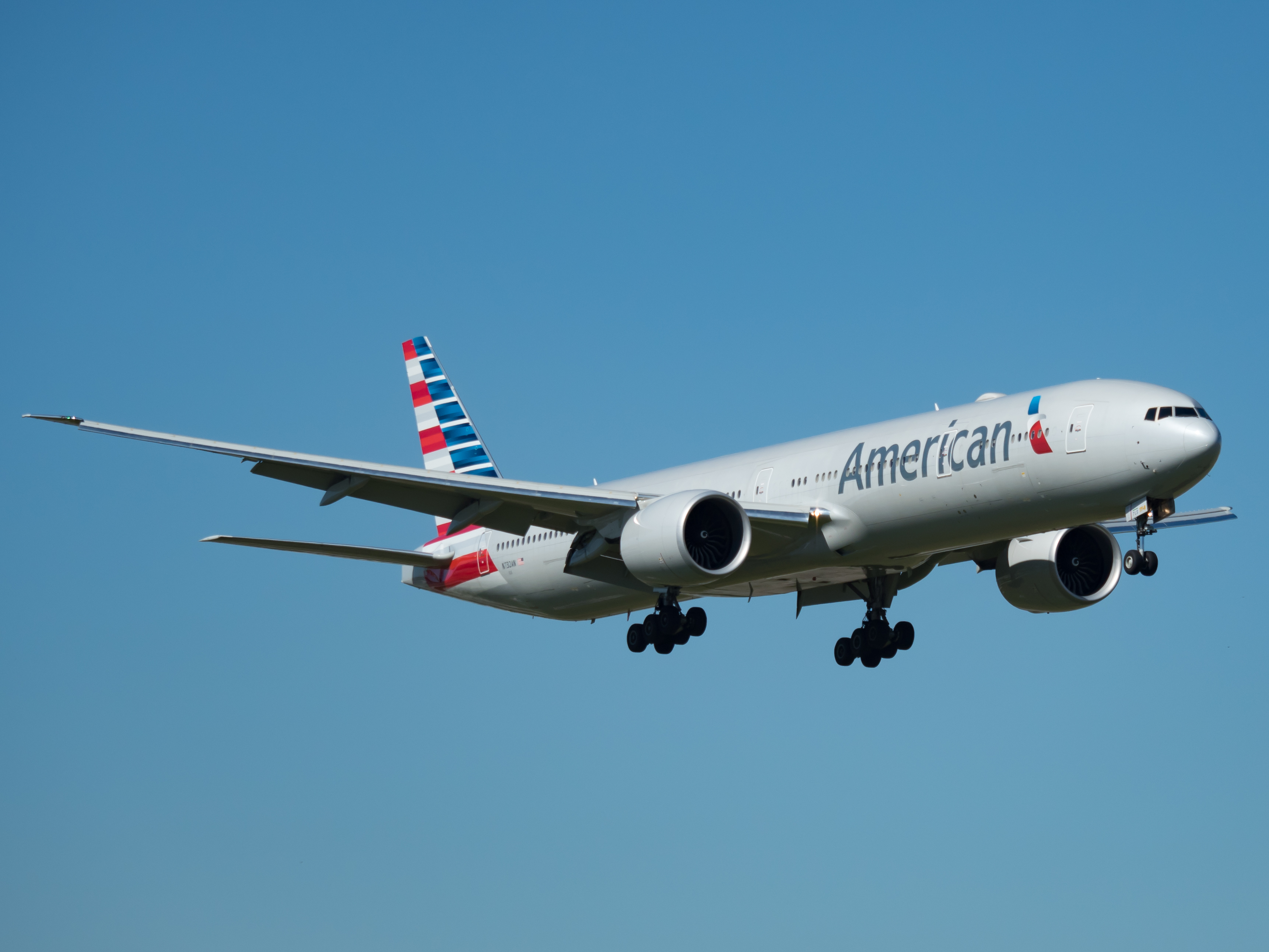
American Airlines frequently faces cancellations due to its extensive network and hub locations in weather-prone areas like Dallas and Chicago. Seasonal storms and sudden weather changes are common culprits. Additionally, workforce management issues, including pilot and crew shortages, have exacerbated the problem. Despite efforts to improve scheduling and staffing, these challenges persist. Travelers flying with American Airlines should keep an eye on weather forecasts and consider flexible travel plans to mitigate potential disruptions.
2. Southwest Airlines – Operational Challenges
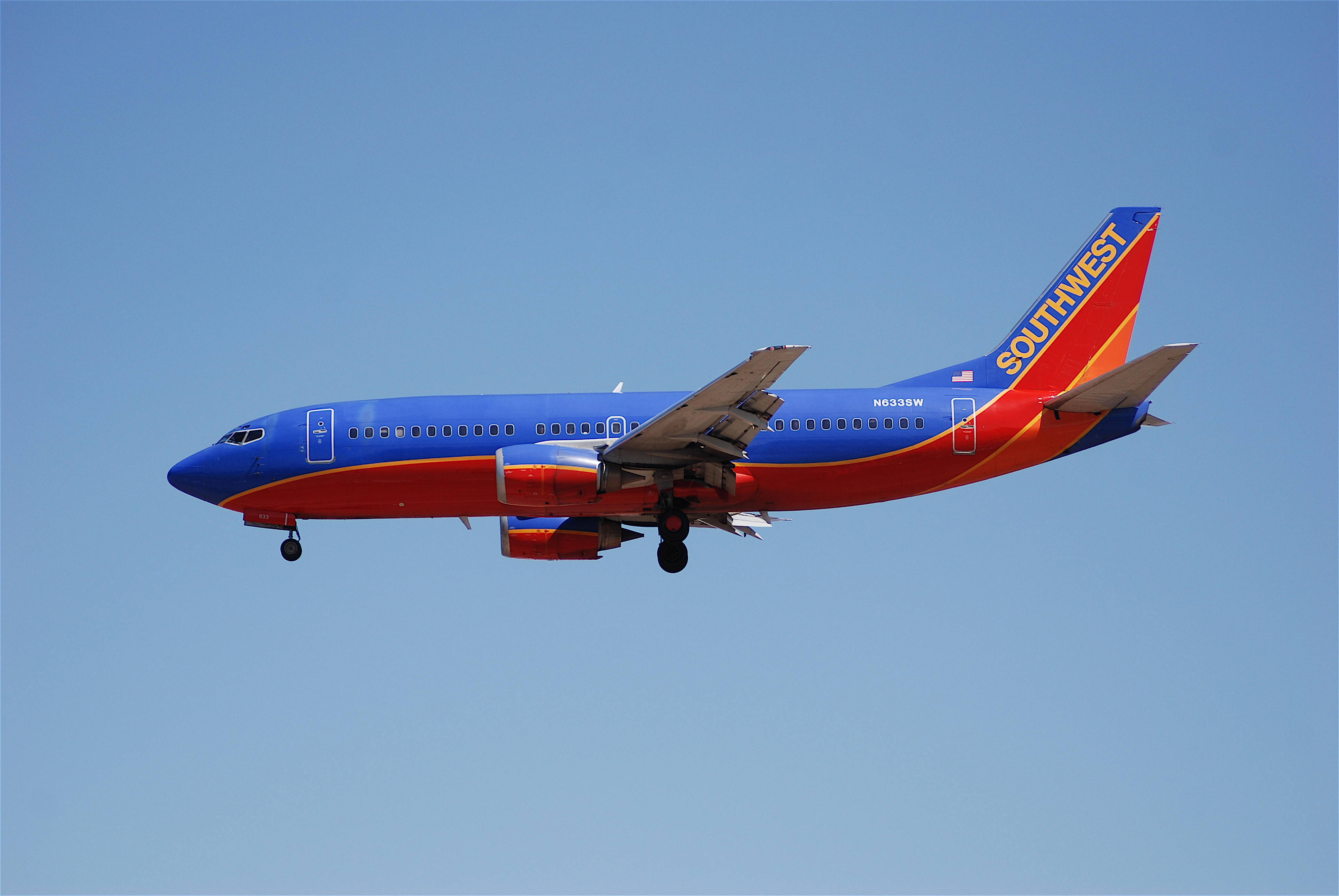
Southwest Airlines, known for its low-cost fares and no-frills service, has experienced a significant number of cancellations due to operational challenges. The airline's point-to-point service model, while efficient, can lead to cascading delays and cancellations if a single flight is disrupted. This ripple effect is often compounded by the airline's tight turnaround times. Passengers can reduce their risk by opting for flights earlier in the day when operations are typically smoother and delays are less likely to accumulate.
3. Delta Air Lines – Balancing Growth and Reliability
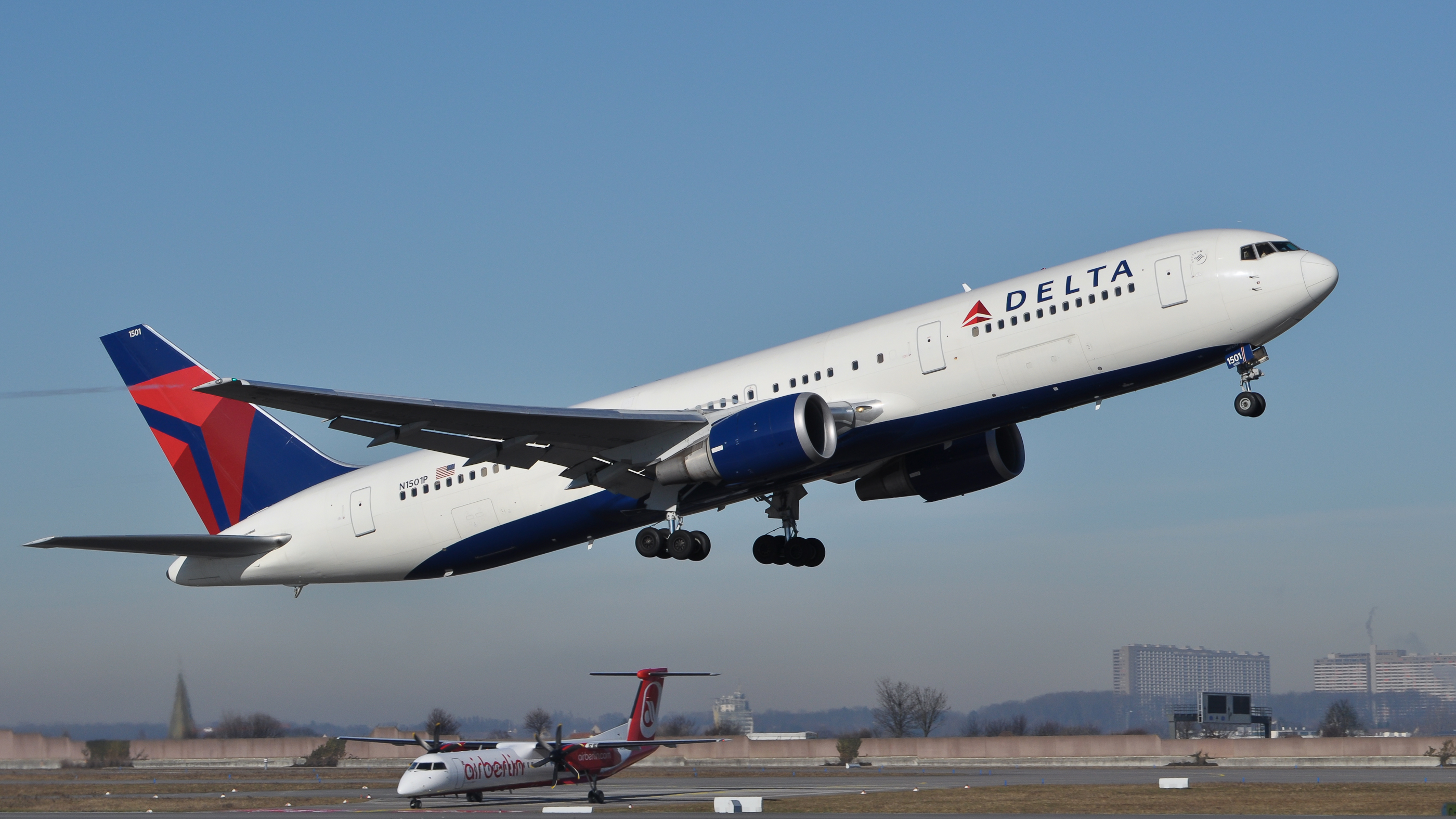
Delta Air Lines, while generally reliable, has faced cancellations as it strives to balance aggressive growth with operational reliability. The airline's expansion into new markets and routes sometimes stretches its resources thin, leading to occasional disruptions. Delta's investment in technology and customer service aims to mitigate these issues, but travelers should still remain vigilant. Booking directly with the airline and using its app can provide real-time updates and alternative options in the event of a cancellation.
4. United Airlines – Infrastructure and IT Issues
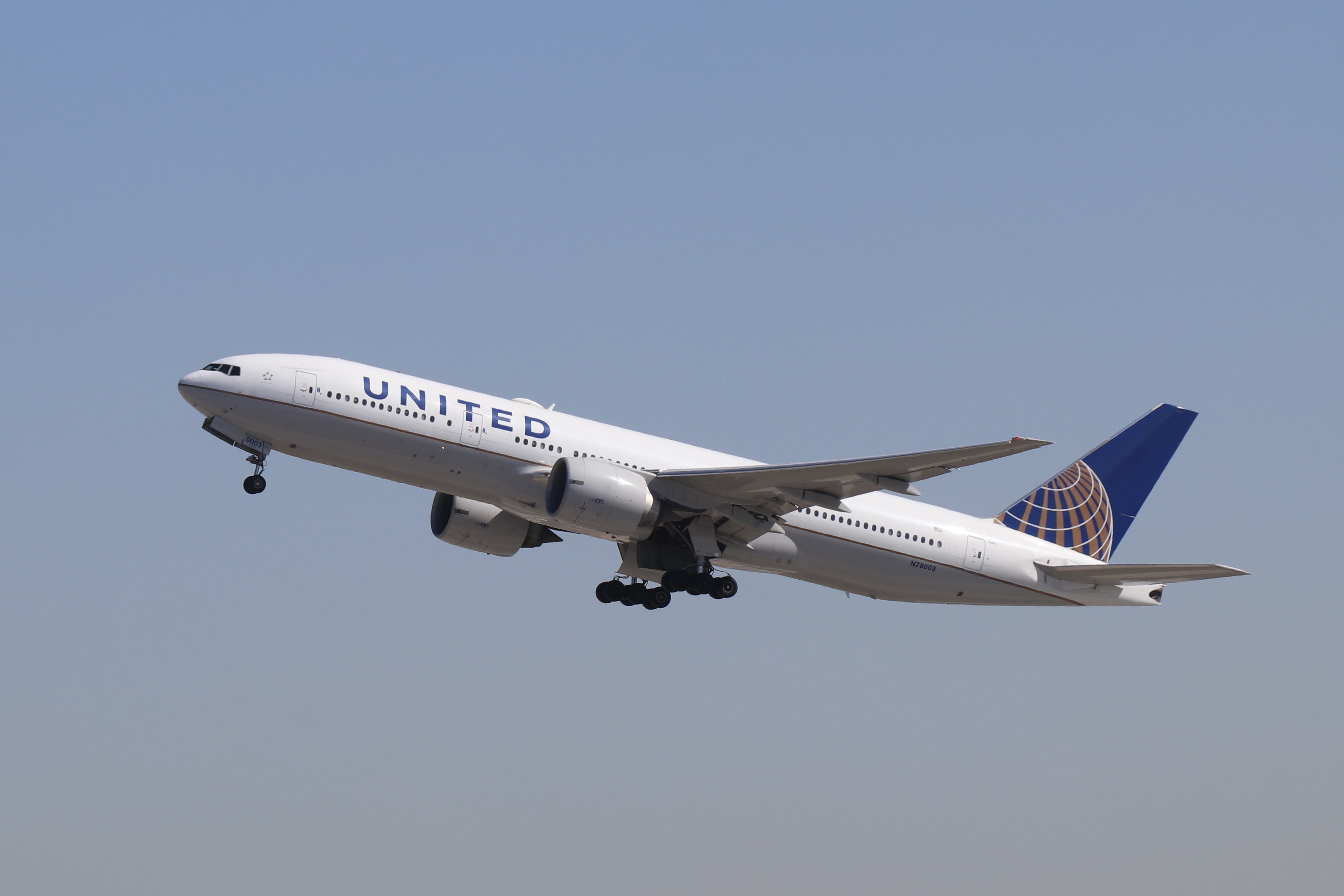
United Airlines' cancellations are often linked to infrastructure challenges and IT system failures. The airline's hubs are located in major metropolitan areas, where congestion and infrastructure limitations can lead to delays and cancellations. Additionally, United has faced several high-profile IT outages that have disrupted operations. Travelers are advised to check flight status frequently and consider travel insurance that covers cancellations due to technical issues, providing peace of mind in case of unexpected disruptions.
5. Spirit Airlines – Cost Efficiency at a Cost
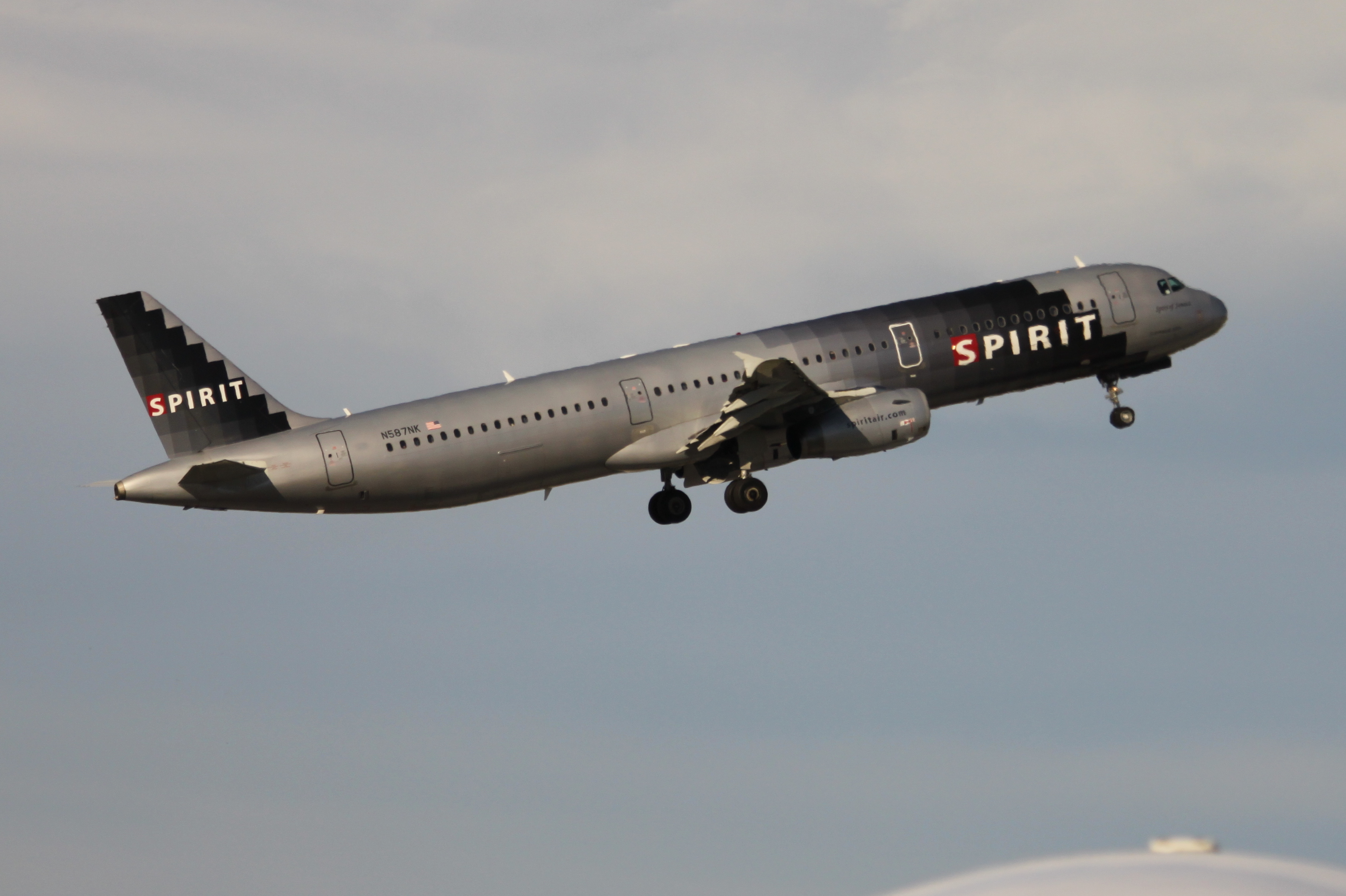
Spirit Airlines, a budget carrier, is notorious for its high cancellation rates as a result of its cost-cutting measures. The airline operates with minimal spare aircraft and crew, leaving little room for error when disruptions occur. While the low fares are attractive, passengers should be aware of the trade-offs. Building extra time into travel itineraries and purchasing refundable tickets can help mitigate the impact of potential cancellations, ensuring a more flexible travel experience.
6. JetBlue Airways – Weather and Infrastructure Hurdles
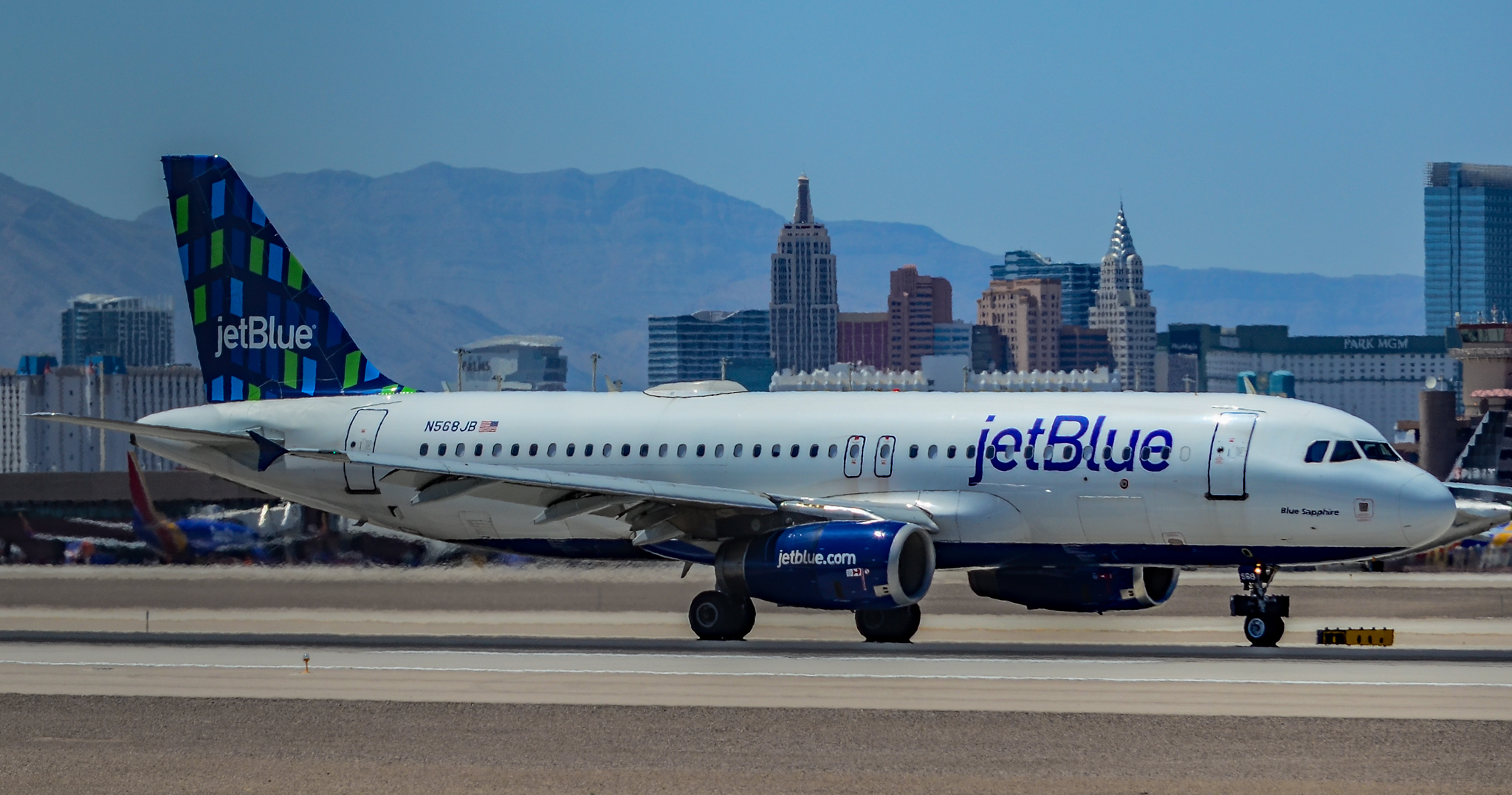
JetBlue Airways, with a focus on customer service, faces cancellations primarily due to weather and infrastructure issues, particularly in its New York City hub. The airline's operations are heavily impacted by the region's notorious weather patterns and congested airspace. Despite its best efforts to maintain reliability, these factors remain challenging. Travelers can benefit from monitoring weather conditions and opting for flights from alternative airports when possible to avoid the brunt of disruptions.
7. Frontier Airlines – Lean Operations and High Risks
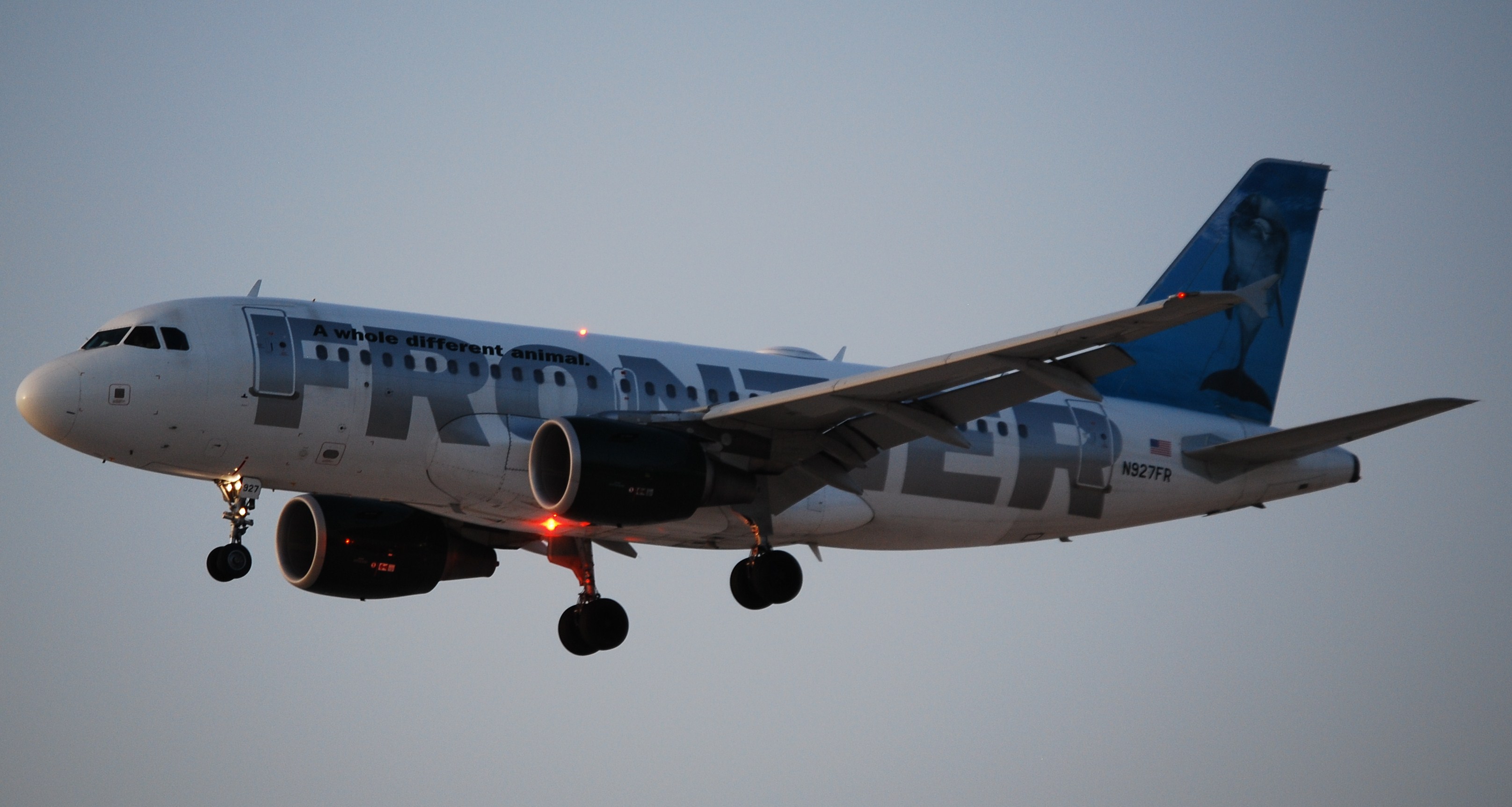
Frontier Airlines, another low-cost carrier, operates with a lean business model that increases susceptibility to cancellations. The airline's limited fleet size means that mechanical issues or staff shortages can quickly lead to flight disruptions. Passengers flying with Frontier should consider booking directly through the airline to receive timely notifications and updates. Additionally, having a backup plan, such as alternative transportation options, can provide a safety net in case of cancellations.
8. Alaska Airlines – Navigating Weather Extremes
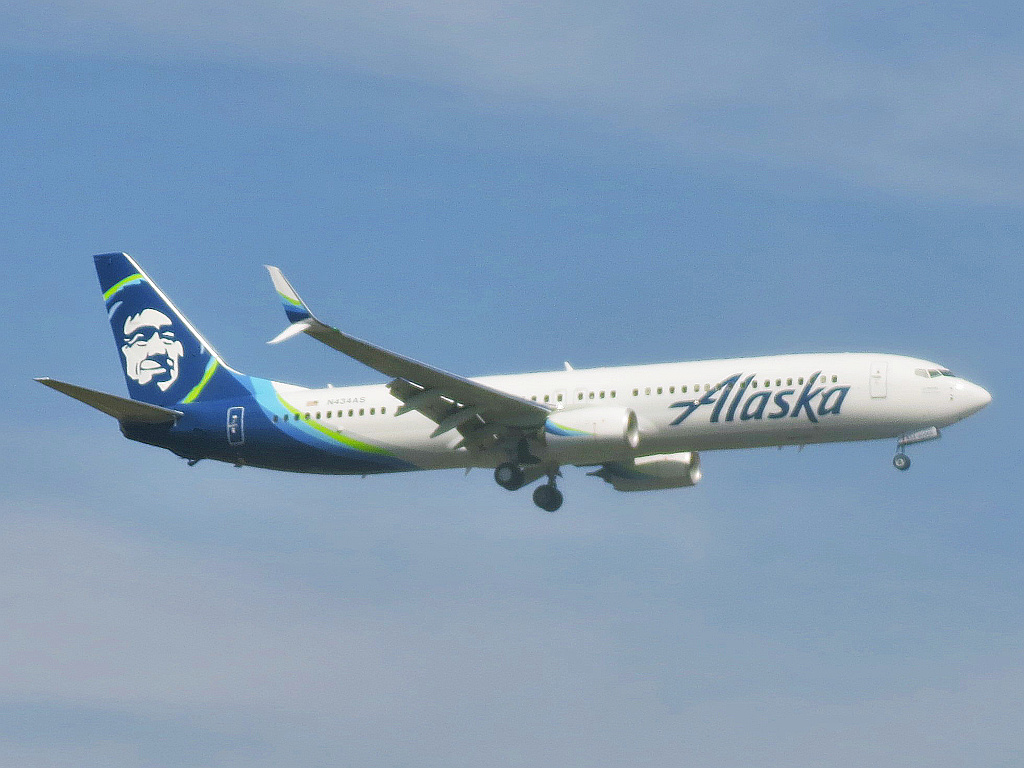
Alaska Airlines, with its extensive routes in the Pacific Northwest and Alaska, often contends with extreme weather conditions that lead to cancellations. Snowstorms, fog, and other weather phenomena can severely impact flight schedules. The airline has invested in robust de-icing and weather monitoring technologies to mitigate these effects. Travelers should remain flexible with their travel dates and consider purchasing travel insurance that covers weather-related cancellations to safeguard their plans.
9. Allegiant Air – Limited Flexibility and High Cancellations
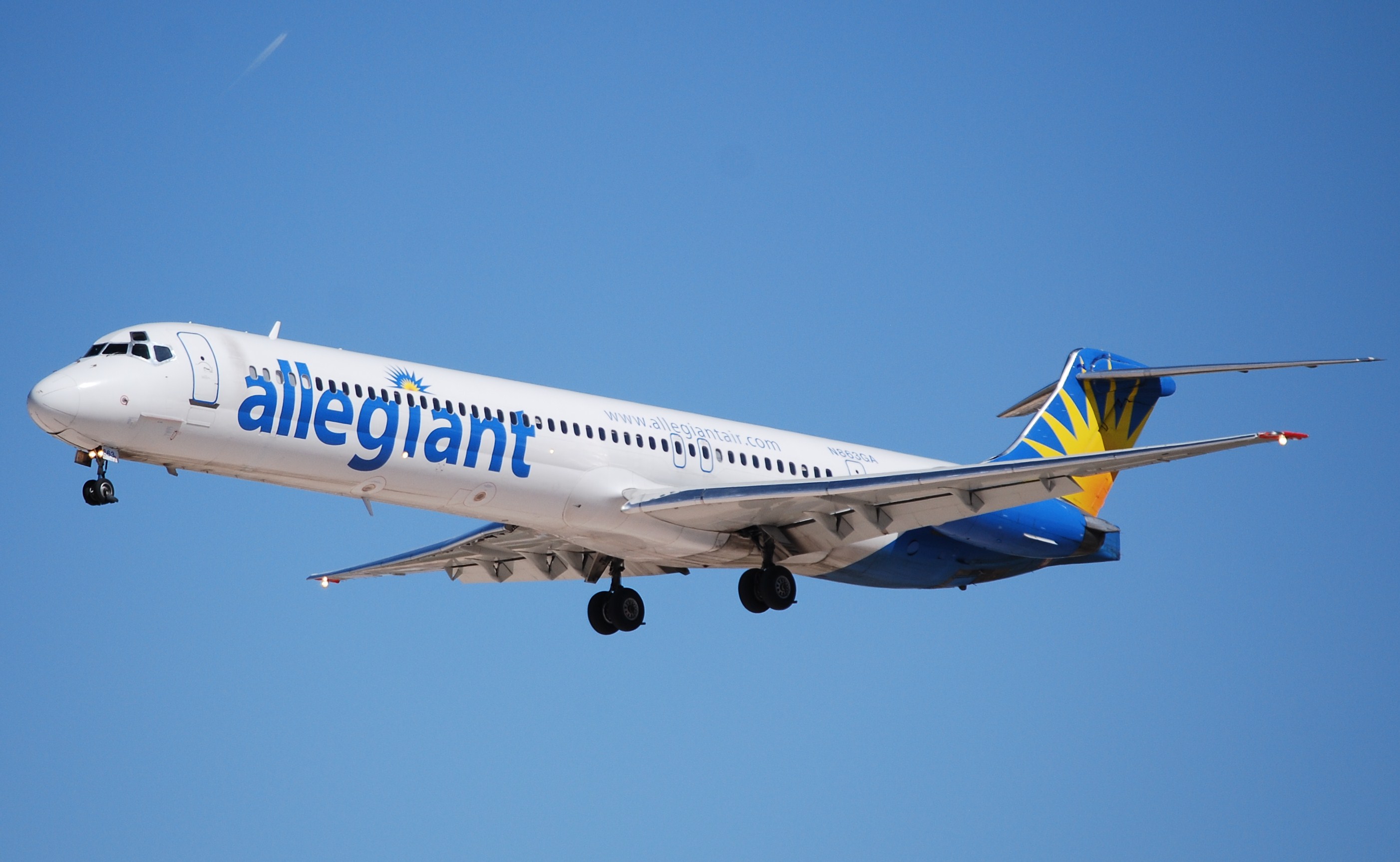
Allegiant Air, known for its low-cost, leisure-focused flights, experiences high cancellation rates due to its limited flight schedule and fleet size. The airline's strategy of operating fewer flights with less frequent service leaves little room for recovery when disruptions occur. Passengers are encouraged to book flights with ample time before important events and to explore refundable options or travel insurance to ensure their travel plans are protected against unexpected cancellations.
Strategies for Travelers: Minimizing Disruption and Maximizing Flexibility
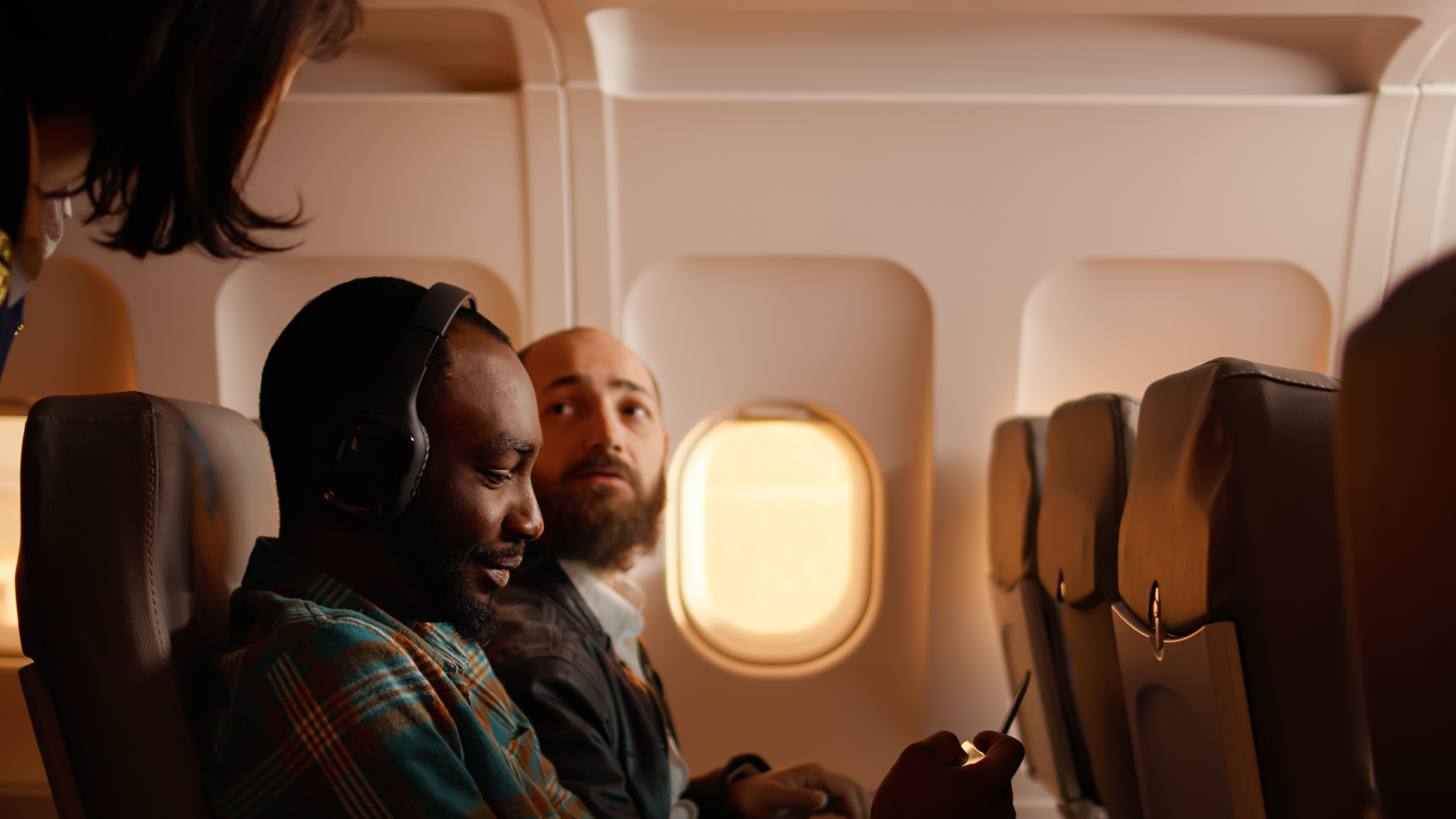
To navigate the uncertainties of air travel and minimize the impact of cancellations, travelers should adopt proactive strategies. Booking flights early in the day can reduce the risk of cascading delays, while choosing larger airports with more flight options can provide alternatives in case of cancellations. Travelers should also consider enrolling in airline loyalty programs, which can offer priority rebooking and additional support during disruptions. Lastly, investing in comprehensive travel insurance can provide financial protection and peace of mind, ensuring that travelers are prepared for any unexpected changes to their itineraries.








